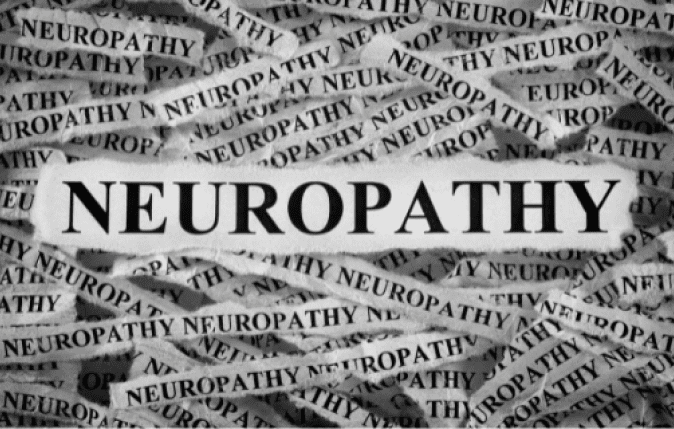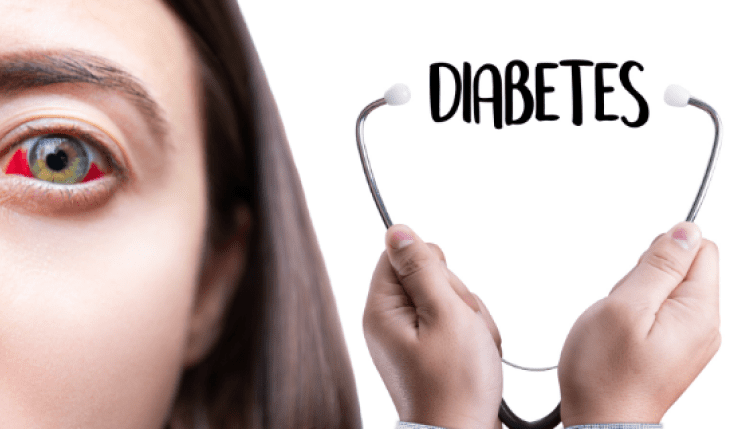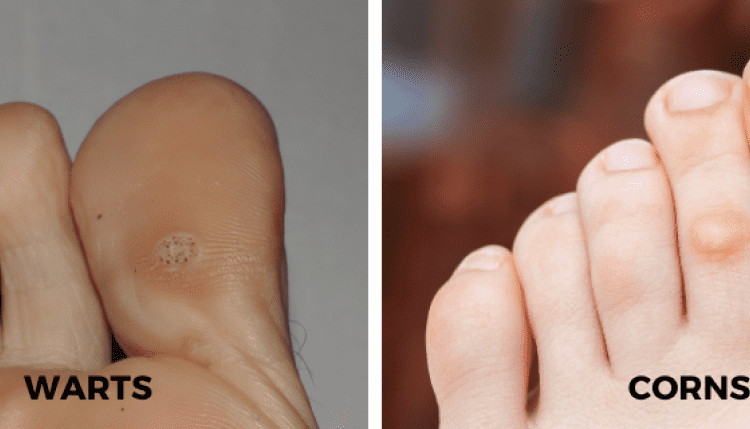The human body is a marvel, yet it often conceals mysteries that puzzle even the most knowledgeable experts. One such enigma lies in the potential link between menstruation and unexplained bruising. Women may notice unexpected bruises during their menstrual cycle, sparking curiosity and concern. Could there be a correlation between these two seemingly unrelated occurrences?
Understanding Menstruation
Firstly, let’s delve into menstruation. A woman’s menstrual cycle involves hormonal fluctuations that lead to the shedding of the uterine lining. This process is commonly accompanied by various symptoms such as cramping, bloating, mood swings, and, for some, changes in skin sensitivity. The hormonal rollercoaster experienced during menstruation might influence the body’s responses and sensitivities, potentially contributing to increased bruising.
Blood Clotting Factors
Bruises occur due to damage to small blood vessels beneath the skin, causing blood to leak into surrounding tissues. The body has a remarkable ability to stop bleeding through a process called coagulation. However, various factors can affect this process, potentially influencing bruising patterns.
During menstruation, hormone levels fluctuate significantly, impacting blood clotting factors. Estrogen and progesterone play crucial roles in regulating clotting mechanisms. Fluctuations in these hormones might influence the body’s ability to clot efficiently, potentially leading to increased bruising susceptibility.
Anemia and Bruising
Anemia, a condition characterized by a lack of healthy red blood cells to carry oxygen to body tissues, is prevalent in individuals experiencing heavy menstrual bleeding. Women with anemia might bruise more easily due to reduced hemoglobin levels. This reduced oxygen-carrying capacity might weaken blood vessels, making them more prone to bruising.
The connection between anemia and bruising during menstruation highlights the importance of addressing underlying health conditions that may exacerbate bruising tendencies.
Vitamin Deficiencies
Nutritional deficiencies, specifically vitamins crucial for blood clotting and vessel health, can contribute to increased bruising. Vitamin C, for instance, plays a significant role in collagen formation, vital for blood vessel integrity. Vitamin K is essential for clotting factors, helping prevent excessive bleeding.
During menstruation, the body’s demand for certain nutrients might increase. Deficiencies in these vitamins due to poor diet or absorption issues could potentially contribute to increased bruising.
Impact of Hormonal Birth Control
Hormonal birth control methods, such as oral contraceptives, patches, or hormonal IUDs, alter hormone levels to prevent pregnancy. These contraceptives can influence the body’s clotting mechanisms and impact blood vessel integrity, potentially affecting bruising tendencies.
Women on hormonal birth control might notice changes in their bruising patterns due to the hormonal alterations induced by these contraceptives.
Stress and Lifestyle Factors
Stress and lifestyle choices also play roles in bruising tendencies. Stress hormones, like cortisol, impact the body’s ability to heal and maintain optimal function. Poor lifestyle habits, such as smoking or excessive alcohol consumption, can weaken blood vessels, making them more susceptible to bruising.
While not directly linked to menstruation, stress and lifestyle factors might exacerbate bruising tendencies during the menstrual cycle.
Seeking Medical Guidance
If you notice an increase in unexplained bruising during your menstrual cycle or at any other time, it’s crucial to consult with a healthcare professional. They can assess your overall health, conduct relevant tests, and determine if there are underlying issues contributing to the bruising.
Conclusion
The relationship between menstruation and unexplained bruising is a multifaceted and intriguing subject. While a direct correlation isn’t definitively established, hormonal fluctuations, anemia, nutritional deficiencies, birth control methods, and lifestyle factors could contribute to increased bruising tendencies during menstruation.
Understanding these potential links empowers individuals to take proactive steps towards better health. Prioritizing a well-balanced diet, managing stress, and seeking medical guidance when needed are essential in maintaining overall well-being, potentially mitigating the impact of unexplained bruising during menstruation.
Remember, your body communicates in unique ways, and paying attention to these signals allows for better care and understanding of its complexities.










